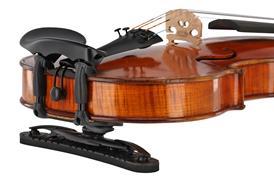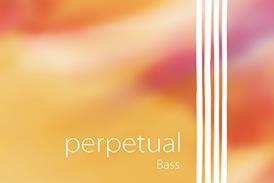- News
- For Subscribers
- Student Hub
- Playing Hub
- Directory
- Lutherie
- Magazine
- Magazine archive
- Whether you're a player, maker, teacher or enthusiast, you'll find ideas and inspiration from leading artists, teachers and luthiers in our archive which features every issue published since January 2010 - available exclusively to subscribers. View the archive.
- Jobs
- Shop
- Podcast
- Contact us
- Subscribe
- School Subscription
- Competitions
- Reviews
- Debate
- Artists
- Accessories
Analysis: Brain training

Can learning a musical instrument have a positive effect on a child’s mental health? Players and teachers give their thoughts on the psychological benefits for young people, as Peter Somerford finds out
Much has been written about how learning an instrument such as the violin can benefit children in areas such as mathematical ability, literacy, memory and spatial reasoning. But what about their mental health? In the wake of a major mental health awareness campaign, launched by Public Health England in the same week as World Mental Health Day, it is a good moment to consider how the potential mental health benefits of learning an instrument can add to the powerful arguments for making musical training more widely available for children.
A scientific basis for the idea that instrument learning might help children control their emotions and lessen their anxiety was evidenced in a 2014 study by a team at the University of Vermont’s Larner College of Medicine. In what was billed at the time as ‘the largest investigation of the association between playing a musical instrument and brain development’, the team of researchers studied brain scans of 232 healthy children aged between 6 and 18. As children age, the outer layer of the brain – the cortex – thickens, and the researchers wanted to see if music training correlated with the rate of cortical thickness development in specific areas of the brain. They were not surprised to find that playing a musical instrument affects the motor areas of the brain, but they found that music training was also associated with cortical thickness in ‘brain areas that play a critical role in inhibitory control, as well as aspects of emotion processing’.
Already subscribed? Please sign in
Subscribe to continue reading…
We’re delighted that you are enjoying our website. For a limited period, you can try an online subscription to The Strad completely free of charge.
* Issues and supplements are available as both print and digital editions. Online subscribers will only receive access to the digital versions.




























